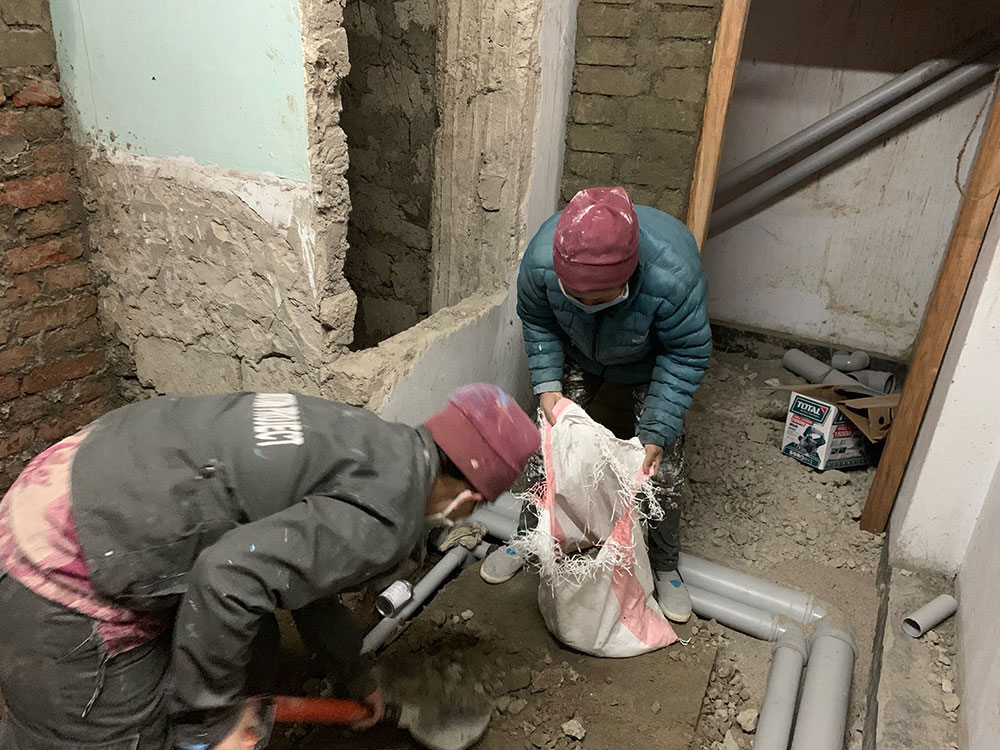… Labour ministry will now work on the strategies to implement the reforms
Yangchen C Rinzin
The Cabinet has recently approved the labour ministry’s national Technical and Vocational Educational and Training (TVET) reform Plan 2021.
The plan is the government’s attempt to reform TVET and the responsibility is now handed to the labour ministry (MoLHR). The reform plan comes after several years of planning to reform TVET including during two previous governments.
The reform plan was approved on July 27 during the 98th session of the third Cabinet meeting and the approval letter was issued last week.
The Cabinet has also directed the ministry to ensure efficiency while implementing the national TVET reform plan. It directed the ministry to discuss with the Department of National Property to procure priority items or services to fast-track implementation of the reform plan.
To outsource any management of training institutes to foreign operators, the ministry must submit any legal possible issues to Cabinet for approval.
Layog (MoLHR) Lyonpo Ugyen Dorji said now that the plan is finally approved, the ministry will work on the strategies to implement reforms and decide which activities to prioritise.
“The plan would not be implemented at a go but base it on the needs,” Lyonpo said. “For instance, which technical training institutes need major renovation or which experts from various industries need to be involved for the TVET curriculum reform.”
However, the ministry declined to share the reform plan.
Lyonpo said that it is a broad approach and the ministry will have to now finalise plans to implement, including consultation with various agencies on how to coordinate. “So plans are subject to change as we implement the strategies. But we’re happy that at least the first step to reform has now started.”
The Cabinet has also approved the ministry’s proposal on the Skills Development Plan. Layog Lyonpo said that this plan is a labour market response to the current situation to address unemployment issues especially by providing skills.
What are the reforms?
In an earlier interview, Lyonpo told Kuensel that TVET was the last choice for many and said that the most important thing that reform should take care of is making TVET attractive.
The first goal of the TVET reform is to make TVET institutions appealing with wholesome education.
The second goal would be to reform the curriculum framework by referring to the international curriculum and keeping it updated with the current situation.
The reform will also look into the development of human resources, providing opportunities for instructors to upgrade their qualifications in international institutions.
The government is already working on international collaboration with Korea, Germany, Switzerland, Australia, and Singapore.
Another reform would be to collaborate with various industries and link with TVET to provide jobs. Currently, due to poor industries and TVET linkages, the TVET graduates are left jobless.
One of the major reform attempts, which was to delink TVET from the ministry, seems to be shelved since the reform plan makes no mention of it.
The government in 2019 initiated TVET reforms and the Prime Minister Office (PMO) took over the TVET programme from the ministry. However, after almost two years the interim office with the PMO returned the programme to the labour ministry to implement the reforms.
The reform is also marked as a priority in the 12th Plan and has a budget of Nu 2.1 billion.
Major reforms in the TVET sector started in the early 2000s. In 2003 it came under the direct administration of the labour ministry then.
Edited by Tshering Palden


